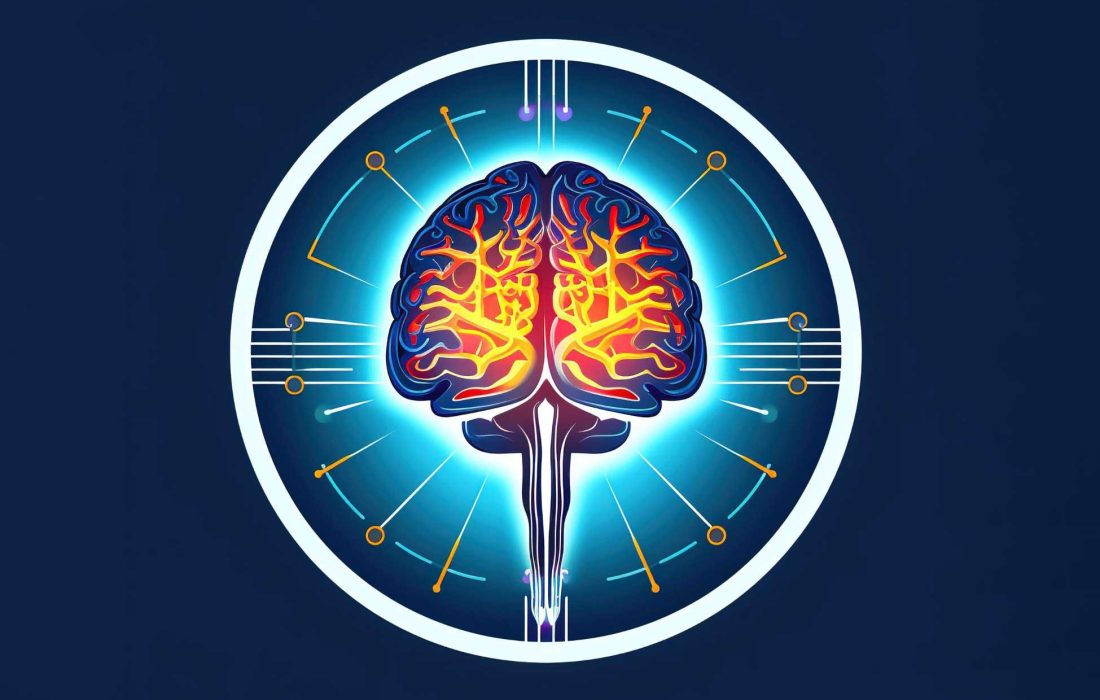TUESDAY, May 7, 2024 (HealthDay News) – (Tasrir) — For the first time, the internal compass humans use to orient themselves and navigate through the environment has been pinpointed in the human brain, researchers reported May 6 in the journal Nature Human Behavior.
This discovery could increase understanding of diseases like Alzheimer’s and Parkinson’s, in which a person’s navigation and orientation are frequently impaired.
“Keeping track of the direction you are heading in is pretty important. Even small errors in estimating where you are and which direction you are heading in can be disastrous,” said lead researcher Benjamin Griffiths, a psychology fellow at the University of Birmingham in the U.K.
“We know that animals such as birds, rats and bats have neural circuitry that keeps them on track, but we know surprisingly little about how the human brain manages this out and about in the real world,” Griffiths added in a news release.
Tracking neural activity in humans usually requires participants to remain as still as possible, but for this study researchers employed mobile EEG devices and motion capture to analyze the brain waves of people on the move.
A group of 52 participants moved their heads — or sometimes just their eyes — to orient themselves based on cues from different computer monitors, while a scalp EEG device monitored their brain activity.
Researchers also performed the study with another 10 participants who’d had electrodes implanted in their brains for monitoring cerebral health problems like epilepsy.
The activity revealed a finely tuned directional signal in the brain that could be detected just before a person actually turned their head towards a new bearing, researchers said.
“Isolating these signals enables us to really focus on how the brain processes navigational information and how these signals work alongside other cues such as visual landmarks,” Griffiths said.
“Our approach has opened up new avenues for exploring these features, with implications for research into neurodegenerative diseases and even for improving navigational technologies in robotics and AI,” he added.
Future research will take these findings a step further, to figure out how the brain navigates through time and whether this brain activity is related to memory, Griffiths said.

















